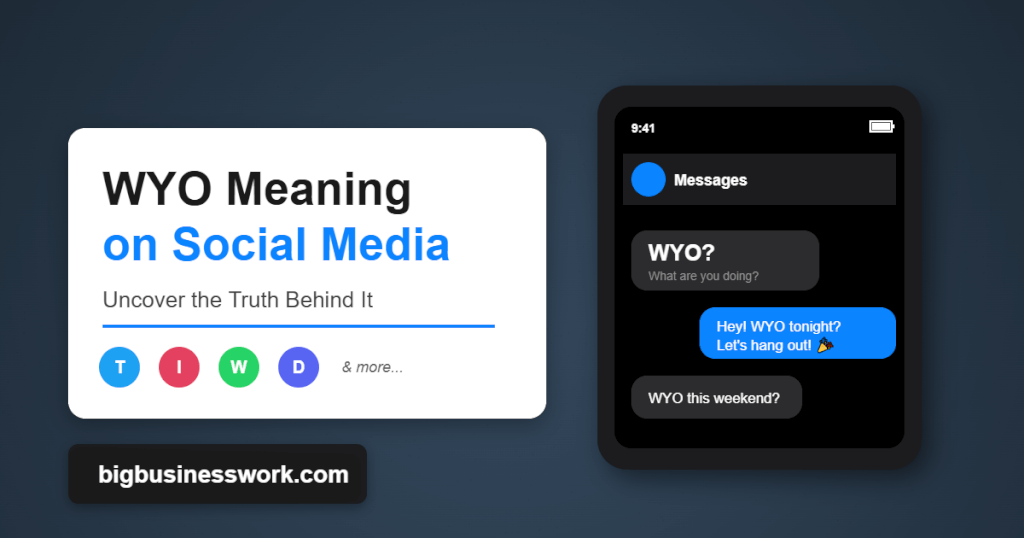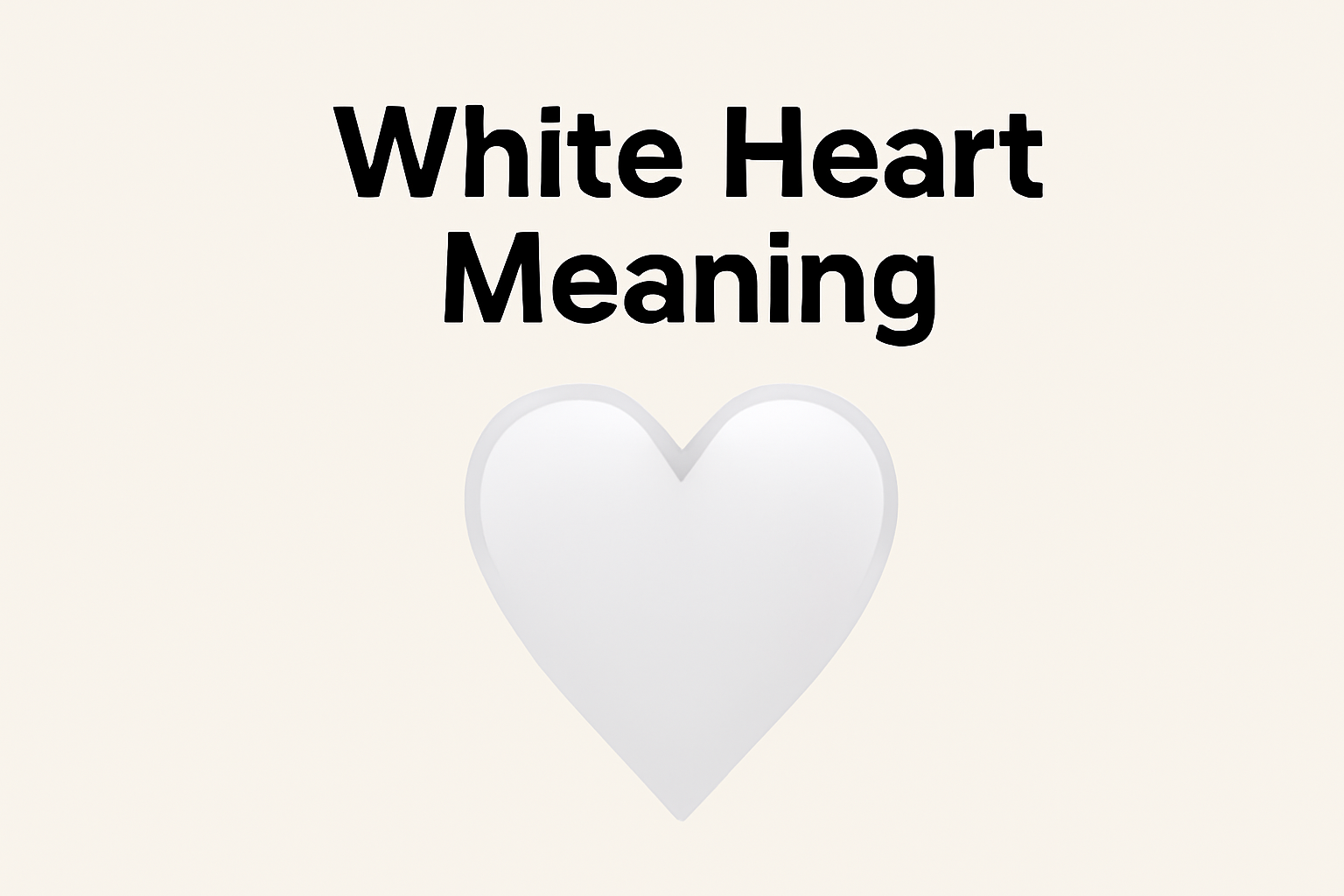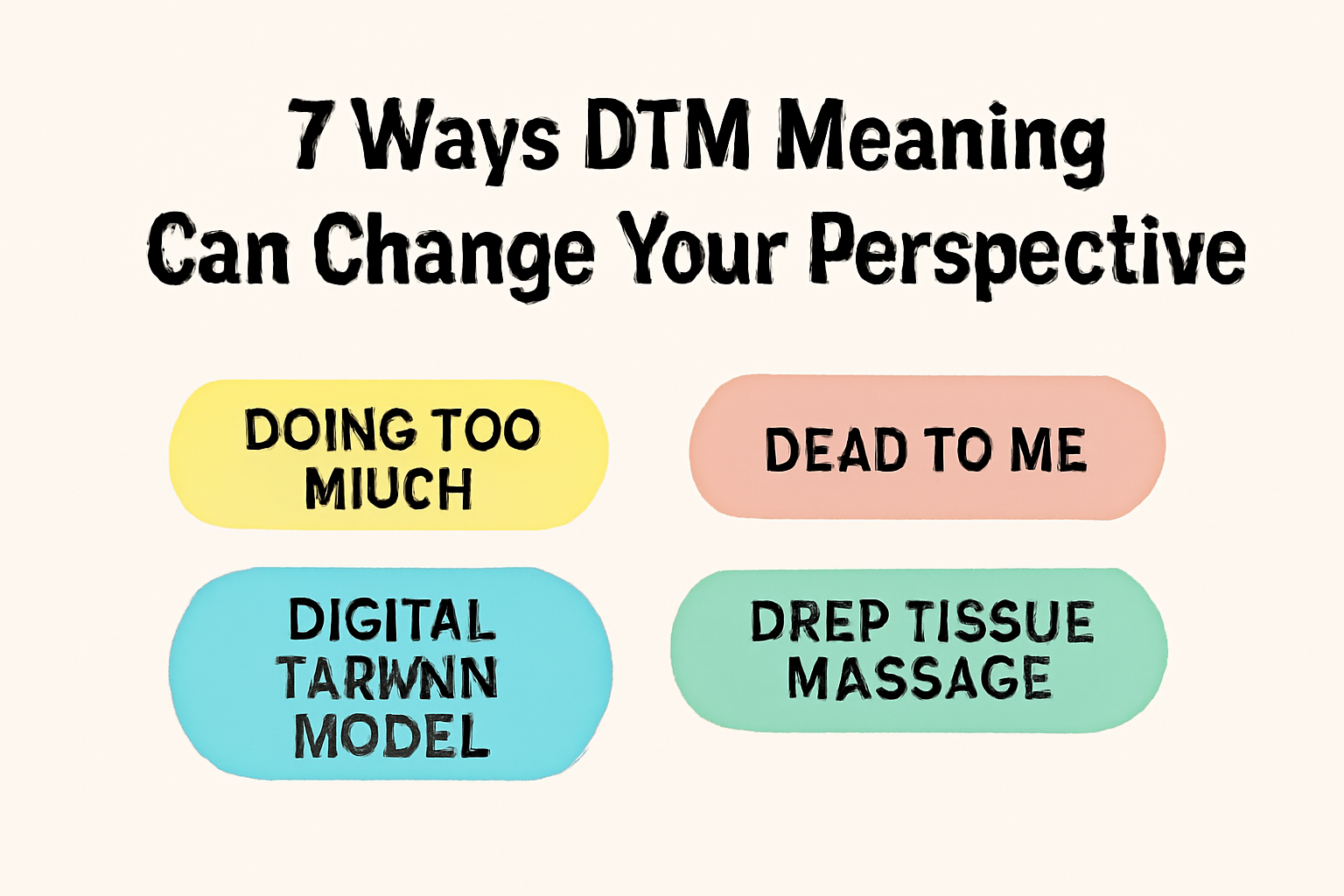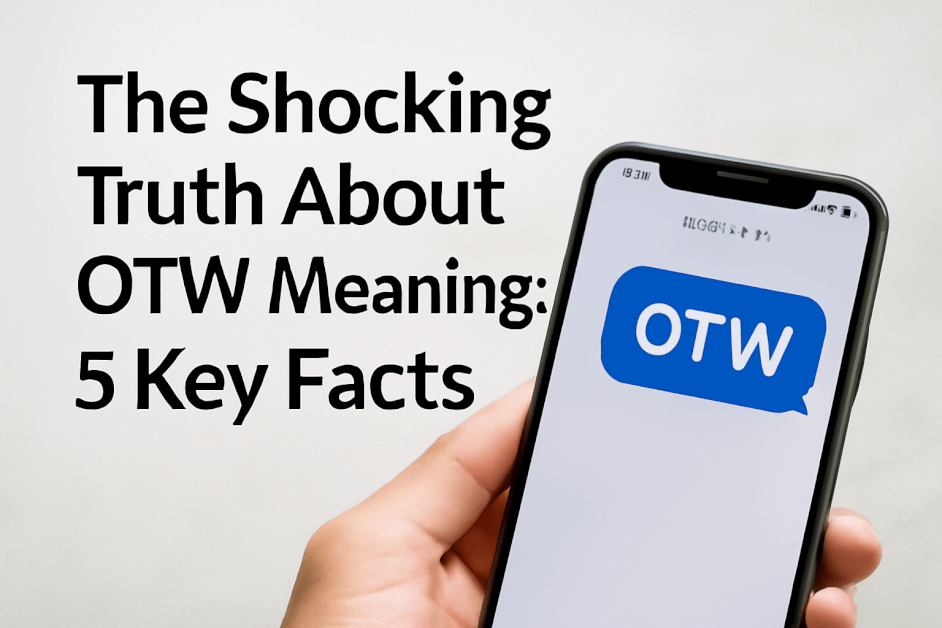
There are many moments in life that we celebrate, treasure, and others that stay with us and help to define who we are. The things we never got over beyond often haunt us for years, affecting our choices, interpersonal interactions, and worldview. Even though they might be difficult at times, these experiences help us grow and become more resilient.
This article examines the feelings, encounters, and lessons associated with the things we were never able to get beyond. By dealing with these problems, we may honour their influence on our life while finding solutions to move on and heal.
What “Things We Never Got Over” Means
We are referring to unresolved emotions, painful events, or unmet goals that still have an impact on us when we discuss things we never got over. These are incidents that have a lasting emotional impact rather than just unpleasant recollections.
Lost Opportunities: The love you let slip away or the ideal career you failed to acquire.
Loss and Heartbreak: The death of a loved one or the dissolution of an important relationship.
Unanswered Questions: Times when we ask ourselves, “What if?”
Carrying the burden of these experiences is normal, but recognising and dealing with them may lead to serenity and clarity.
What Makes Us Cling to Things We’ve Never Moved On From?

Human nature tends to hold onto powerful memories, both positive and negative. However, why do certain memories hold on more strongly than others?
Emotional Intensity: Events associated with intense feelings, such as happiness or sadness, have a tendency to make a lasting impression.
Unresolved Feelings: Our brains keep going back to a scenario that hasn’t been resolved in an attempt to find answers.
Fear of Letting Go: We may cling to suffering because it reminds us of someone or something we don’t want to let go of.
Cultural and Personal Beliefs: Instead of emphasising progress, societal standards might sometimes promote wallowing in old grievances.
We may begin to examine why certain events continue to have such a strong hold on society by determining these causes.
1. Heartbreak is a common thing that many never get over.
One of the most frequent emotional obstacles is losing someone you love, whether it be via a breakup or death. It is often difficult to move on due to the level of connection.
2. Lost Chances
There may be a lasting feeling of regret if you let fear stop you or don’t take a risk on a desire.
3. Injury
Trauma may have a long-lasting effect on mental health, regardless of the cause—a childhood event, an accident, or an abusive relationship.
4. Forgiven Errors
Many individuals find it difficult to forgive themselves for bad decisions or deeds that cause harm to other people.
5. Unspoken Words
We may be haunted for years by the times we failed to show affection, appreciation, or an apology.
How We Are Shaped by “Things We Never Got Over”
These unresolved feelings are often teachings disguised as baggage.
Developing Resilience: Being able to handle suffering makes us more resilient.
Building Empathy: Our own hardships may help us better comprehend the difficulties faced by others.
Encouraging Change: Feeling guilty about lost chances might encourage us to take chances and grab the present.
Even if these encounters mould us, they shouldn’t define who we are. Recognising their impact without giving them power over our future is the aim.
Techniques for Proceeding
Moving on in a healthy manner is feasible, even if it’s not always possible to fully “get over” anything.
1. Recognise Your Emotions
Prolonged pain might result from ignoring your feelings. Think about your feelings and the reasons behind them.
2. Look for Resolution
It’s possible for closure to originate within rather than outside. To process unresolved emotions, write a letter, keep a diary, or go to therapy.
3. Pay Attention to the Present By assisting
you in focussing on the here and now, mindfulness exercises such as meditation may lessen the influence of memories of the past.
4. Establish a Network of Support
Support groups, family, or friends may provide the empathy and motivation need to proceed.
5. Give the Pain Meaning
What have I learnt from this experience, you ask? In what ways may it direct me going forward?
Why it’s OK to never really move on from anything
Certain events are so important that they will always be a part of who we are. This isn’t always a negative thing. Incorporating these experiences into our life in a manner that strengthens us rather than limits us is crucial.
Honour the Memory: It’s OK to have happy or sad memories of a loved one or a significant event.
Celebrate Your Growth: Acknowledge the ways in which these events have shaped who you are.
Accept the Journey: Learning to live with and develop from the past is more important in life than trying to erase it.
FAQs Regarding Things We Never Got Over
1. What causes certain memories to last longer than others?
Strongly emotional or unresolved memories can leave a lasting impression.
2. Can unresolved emotions be helped by therapy?
Indeed, therapy offers methods and resources for dealing with feelings, coming to terms with them, and moving on.
3. Is it typical to never “get over” anything completely?
Of course. Even if certain events leave a lasting impression, you may still have a happy life.
4. How can I get over thinking about the past?
You may learn to concentrate on the here and now by engaging in activities like writing, mindfulness, and asking for assistance.
5. Can unresolved emotions affect one’s physical well-being?
Indeed, long-term emotional strain may result in physical conditions like high blood pressure as well as mental health problems like worry and despair.
Final Thoughts
We are human because of the things we have never got over to go beyond. They serve as a reminder of our past loves, losses, and lessons. Some events provide a chance for personal development and self-discovery, even if they could also leave a lasting impression. Finding a way to bear those memories with dignity and fortitude is what it means to go on, not forgetting. We may turn our past suffering into a source of strength for the future by accepting the lessons they teach. Get more knowledge from big business work.






